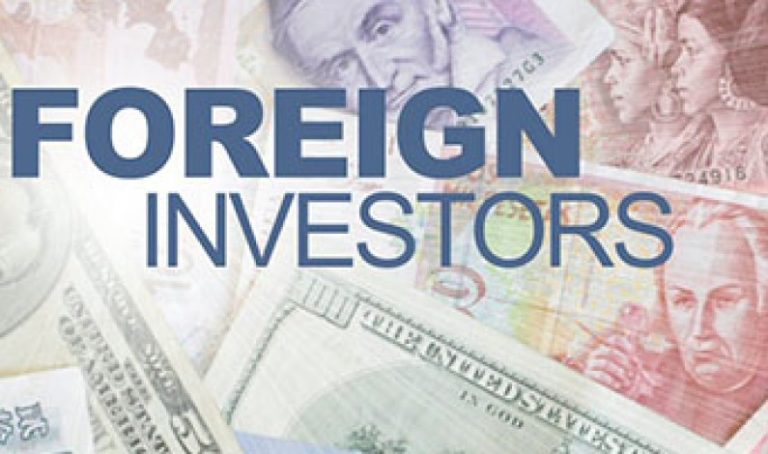The National Bureau of Statistics (NBS) recently released Nigeria’s Capital Importation report for FY-2021. On a positive note, total capital imported rose 26.4% q/q and 109.3% y/y to $2.2bn in Q4-2021, from $1.7bn and $1.0bn in Q3-2021 and Q4-2020, surpassing $875.6mn in Q2-2021 and $1.9bn in Q1-2021. However, viewing the numbers from the lens of FY-2021 showed that total capital imported fell 30.6% y/y to $6.7bn, from $9.7bn in FY-2020. A deeper dive into the data showed the Foreign Portfolio Investment (FPI) inflows, which accounted for 50.5% of total capital imported, declined by 34.1% y/y to print at $3.4bn in FY-2021. Similarly, Foreign Direct Investment (FDI) inflows declined by 32.0% y/y to print at $698.8mn in FY-2021 with inflows from Other investments category following in tandem, down 25.1% y/y to print at $2.6bn.FDI inflows remained broadly underwhelming, in what represents a new low since NBS began to record the data. The country’s hostile business environment evidenced by FX liquidity concerns, insecurity, policy flip-flop, weaker consumer pockets, and lack of infrastructure continue to discourage long-term capital commitments in the country. Decline in FPI inflows was largely due to investors’ lack of interest in Nigeria’s artificially low fixed income instruments given availability of alternatives across emerging markets. Interesting to highlight, the increase in capital imported in Q4-2021 can be accredited to the increase in FX liquidity in Q4-2021 following the hike in oil prices and FG Eurobond issuanceLooking forward, we expect capital imported into Nigeria to remain broadly underwhelming. Lack of improvement in business conditions will continue to keep long term capital inflows out of the country. In addition, Nigeria’s extended FX crunch will continue to deter foreign investors interest in the Nigerian capital market, raising concerns for FPI inflows. More importantly, we expect foreign investors to remain broadly cautious with another general election less than a year away. That said, factors such as higher fixed income yields, possible policy tightening and further Naira devaluation, most of which are more probable than certain, could serve as tailwinds for capital importation.
Source United Capital Research














